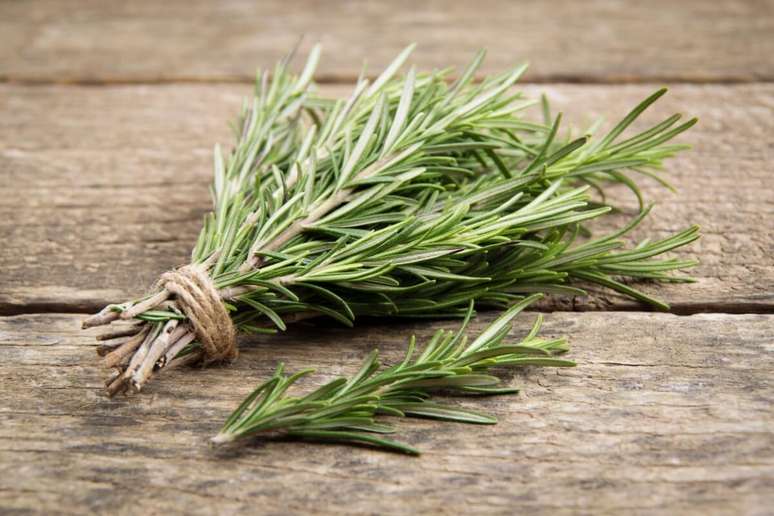Find out how they can be used as auxiliary methods in various treatments
Phytotherapy uses plant extracts or parts of plants, such as leaves, roots, flowers, bark, and seeds, to prepare natural remedies that are useful for treating and preventing diseases, as well as promoting general well-being. These practices are part of traditional medicine in many cultures around the world and, in some cases, are also integrated into modern medicine.
According to Willian Martins Azeredo, coordinator of the Dentistry course at the Faculdade Anhanguera, auxiliary methods in the medical field emerge as a way to contribute to health, as happens with dentistry.
The teacher explains that plants and their derivatives, for example, have been used for centuries in different cultures to treat oral problems and recalls that the use of materials from Brazilian flora, which are biodegradable and/or recyclable, in addition to being one of the ways of preserving the environment favors the development of a community focused on social well-being.
Plants to take care of oral health
According to the expert, plants can be used, among other things, as mouthwashes, ointments. “However, it is worth remembering that brushing and daily use of the dental floss are essential to proper oral health and should not be replaced by any alternatives,” she stresses. And because the effectiveness and safety of some of these practices can vary, she reminds us, “It is always advisable to consult with a healthcare professional before starting any alternative treatment.”
Below, Willian Martin Azeredo lists 15 medicinal plants that can be used as auxiliary methods for oral health. Check it out!
1. Peppermint
Peppermint essential oil can be diluted with water and used as a mouthwash to freshen breath and fight bacteria. It is antiseptic and refreshing.
2. Propolis
It can be applied directly to gums or diluted in water to be used as a mouthwash. It has antibacterial, anti-inflammatory and healing action.
3. Rosemary

Rosemary can be used as an orabase ointment (combined with citronella, 5% each) or as a mouthwash. In dentistry it helps to treat candidiasis and burning mouth.
4. Garlic
Garlic can be used in the form of a decoction (cooked) or extract. It is antibacterial, antifungal, antiviral, stimulates salivary secretion and is an excellent adjuvant in the treatment of periodontitis.
5. Aloe vera (aloe vera)
Aloe vera can be used in the form of mouthwashes and gels (external use). It is indicated after periodontal surgery, for tooth extractions and for the treatment of lichen planus.
6. Red mastic
Red mastic can be used in the form of a decoction (cooked) or extract. It is indicated in cases of infections in general, including toothache.
7. Barbatimao
It can be used in the form of a 20% tincture for external use (local washing; gargles). It is indicated in the treatment of dry alveolitis.
8. Margherita
It can be used in the form of an infusion (mouthwash). It is indicated for aphthous ulcers and has antiseptic (after tooth extraction), anti-inflammatory and healing effects.
9. Chamomile
It can be used as a mouthwash or as a gargle (infusion). It has anti-inflammatory (gums and oral mucosa), antimicrobial, healing, sedative and mild calming effects.
10. Copaiba

Copaiba oil has anti-inflammatory, analgesic, antibacterial, healing and antifungal effects. It is used to help in the treatment of herpes simplex and bruxism due to stress or anxiety.
11. Cloves
It is used as an infusion for mouthwashes in case of toothache, gingivitis and mouth ulcers. It has antimicrobial, analgesic, antiseptic and natural bactericidal action.
12. Mallow
It is used as a mouthwash for external use (infusion) or tincture. It is indicated after tooth extraction and to control biofilm. It has anti-inflammatory and antiseptic action.
13. Pomegranate
It is used in the form of an infusion for mouthwashes in cases of inflammation and infections of the mucosa of the mouth and pharynx and helps fight the bacteria that form oral biofilm.
14. Sage
It is used in the form of an infusion or tincture and has an astringent and bactericidal action.
15. Transfer
It is used as a mouthwash for external use (infusion) or tincture. It has anti-inflammatory, analgesic, antipyretic, antiseptic, healing and astringent action.
By Deiwerson Damasceno dos Santos
Source: Terra
Ben Stock is a lifestyle journalist and author at Gossipify. He writes about topics such as health, wellness, travel, food and home decor. He provides practical advice and inspiration to improve well-being, keeps readers up to date with latest lifestyle news and trends, known for his engaging writing style, in-depth analysis and unique perspectives.








